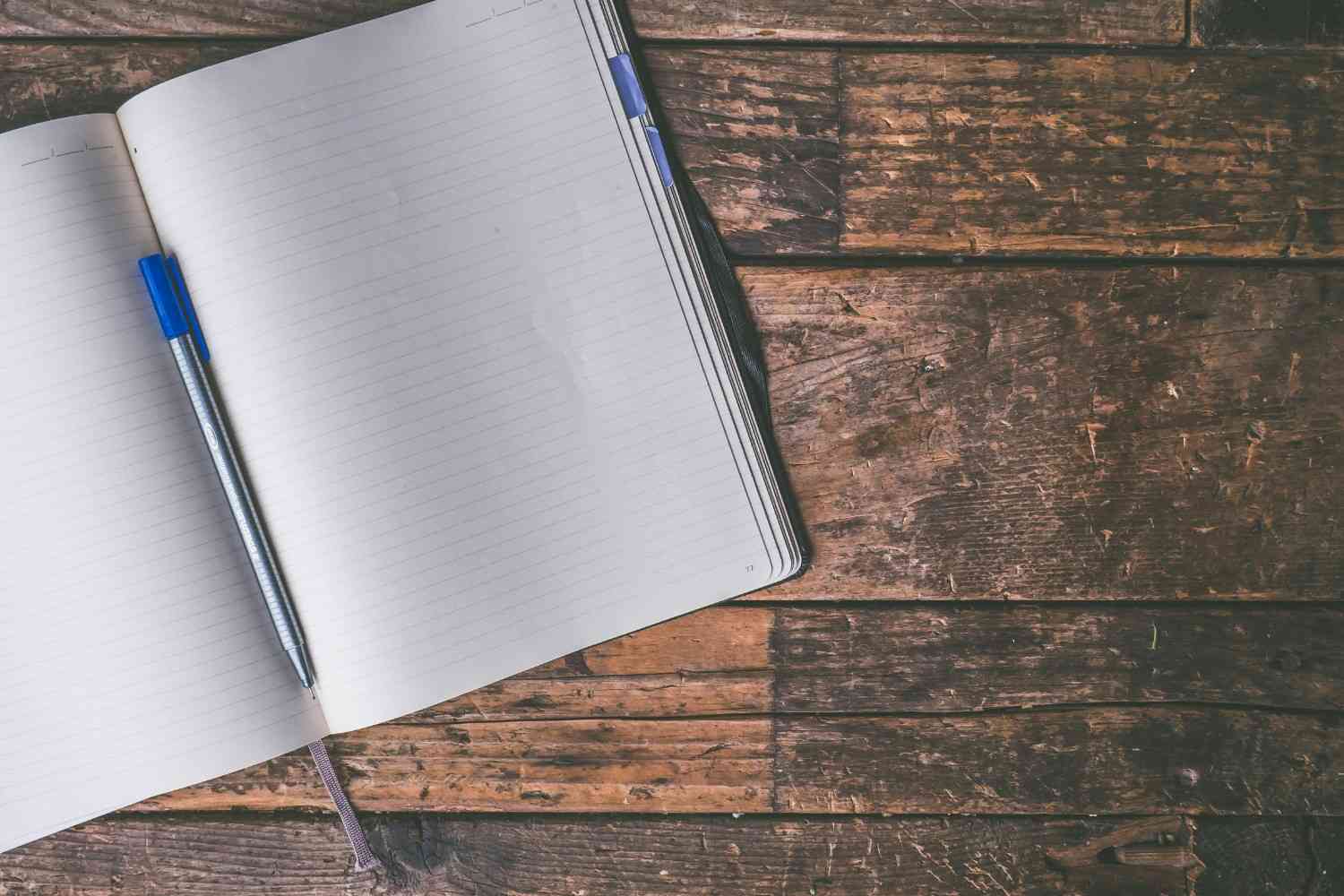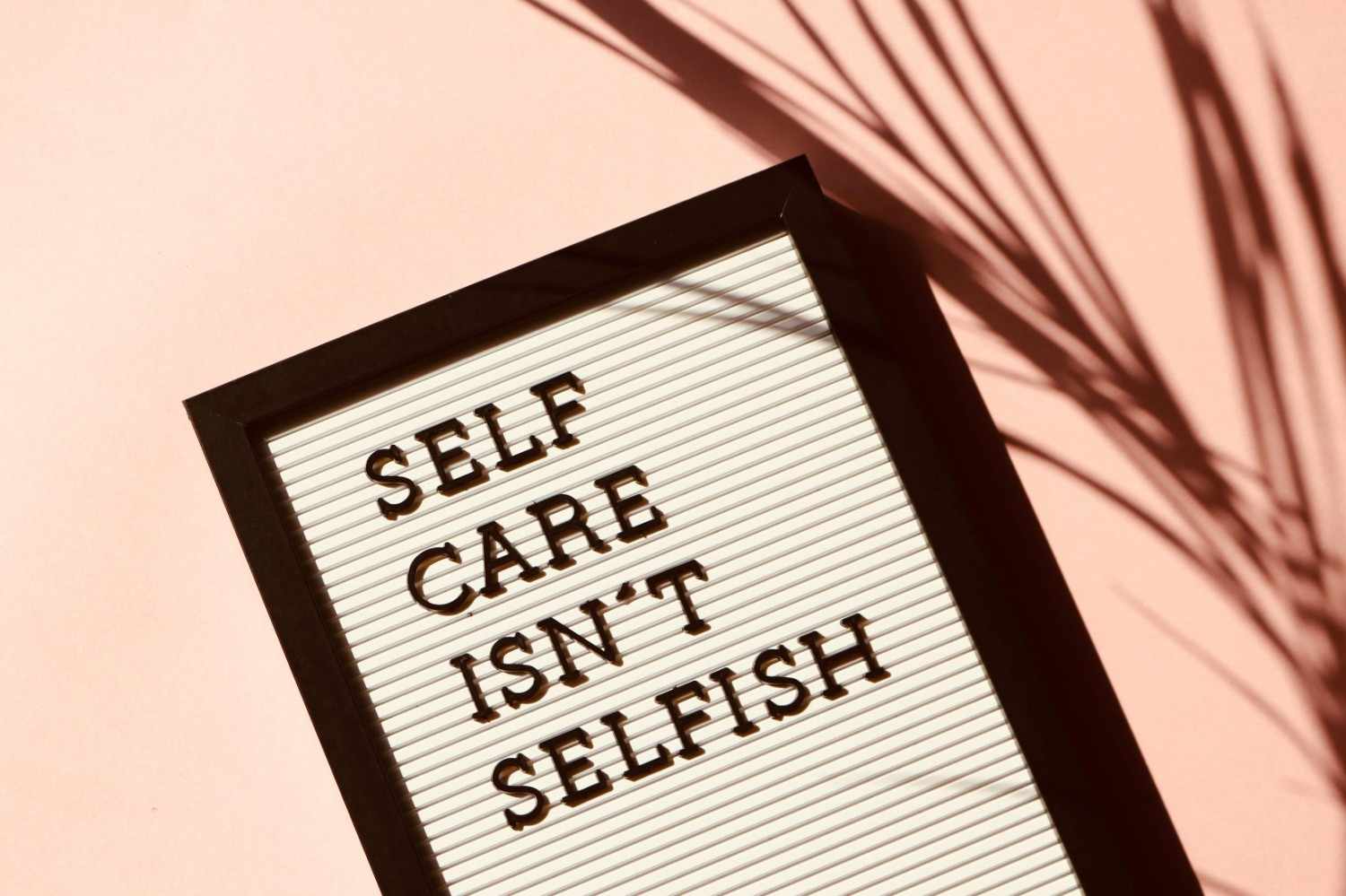Beneath the endless noise of daily obligations, social media notifications, and the loud demands of your inner critic, there is a quieter, wiser voice. It is your "inner voice," the authentic, intuitive part of you that knows your deepest truths, desires, and needs. For many of us, this voice has been drowned out for so long that we have forgotten how to hear it. Journaling is the practice of creating a quiet space and handing that voice a pen. This article is your guide to starting that conversation, moving beyond the simple diary to use journaling as a powerful tool for profound self-discovery.
Key Points
- Journaling is more than a diary; it is a "powerful tool for self-discovery" that provides a direct line of communication with your authentic inner voice, separate from the noise of the inner critic and external expectations.
- The practice is backed by science; writing by hand engages unique neural circuits that facilitate emotional regulation, reduce stress, and help bridge the gap between the subconscious and conscious mind (1).
- The biggest barrier to journaling is often perfectionism or the belief that you "don't know what to write." Using specific, targeted prompts is the most effective way to bypass this block and begin a meaningful practice.
- A consistent journaling practice is a foundational skill for the work discussed in Overcoming Negative Self-Talk, as it allows you to identify and process the very thoughts that fuel the inner critic.
- Journaling is an act of "showing up for yourself," a core component of any Self-Care Routine that builds a deep, compassionate relationship with your own mind.
Introduction: The Quietest Voice in the Room
Beneath the endless noise of daily obligations, social media notifications, and the loud, demanding voice of your inner critic, there is a quieter, wiser presence. It is your "inner voice," the authentic, intuitive part of you that knows your deepest truths, your most heartfelt desires, and your most urgent needs. For many of us, this voice has been drowned out for so long, buried under layers of "shoulds" and "supposed tos," that we have forgotten how to hear it. We look for answers everywhere, in books, from gurus, from our partners, when the most profound wisdom we will ever find is already waiting patiently within us.
Journaling is the practice of creating a quiet space, closing the door on the rest of the world, and handing that voice a pen. It is a deliberate act of turning inward, a conversation with the self that is unfiltered, honest, and profoundly healing. This article, by psychologist Dr. Anya Sharma, is your guide to starting that conversation. We will move beyond the simple diary of "what I did today" to explore how you can use journaling as a powerful, transformative tool for profound self-discovery and unlocking that essential inner voice. All information is current as of September 14, 2025, at 11:50 AM GMT from Kumasi, Ashanti Region, Ghana.
The Science of the Page: Why Journaling Works
The act of putting pen to paper is far more than a simple transcription of thoughts. It is a powerful cognitive and emotional process that has been shown to have significant therapeutic benefits. Understanding the "why" can motivate you to stick with the practice.
Externalizing Your Thoughts
Thoughts that remain trapped in our heads tend to be circular, chaotic, and overwhelming. They are like a tornado in a small room. The act of writing them down "externalizes" them. It takes them out of the chaotic swirl of your mind and places them on the page, where they can be observed with more clarity and objectivity. This simple act creates psychological distance, a core principle we explored in Overcoming Negative Self-Talk. You can look "at" the thought instead of "from" it.
Emotional Regulation and Processing
Research led by Dr. James Pennebaker has consistently shown that "expressive writing" about emotional upheavals can lead to improved mental and even physical health. When we write about difficult experiences, we are not just venting; we are creating a coherent narrative. This process helps the brain's prefrontal cortex, the center of logic and reason, to regulate the signals coming from the amygdala, the brain's emotional center. It helps you make sense of your feelings, which reduces their intensity and allows for healthy processing.
Bridging the Conscious and Subconscious
The act of writing, especially in a "stream of consciousness" style, can act as a bridge to your subconscious mind. As you write without a filter, you can bypass your internal censor and uncover insights, feelings, and beliefs you did not consciously know you had. It is a form of self-led therapy, revealing the underlying roots of your behaviors and feelings.
Getting Started: Overcoming the Blank Page
The most common reason people do not journal is a feeling of intimidation. "I'm not a writer," or "I never know what to say." It is crucial to let go of these self,limiting beliefs. Journaling is not about creating literature; it is about creating clarity.
Let Go of Perfectionism
Your journal is a "no,judgment zone." There is no right or wrong way to do it. Your grammar does not matter. Your spelling does not matter. Your handwriting does not matter. This is a space for you and you alone. Give yourself permission for it to be messy, disjointed, and imperfect. This is a core lesson from Embracing Imperfections put into practice.
Choose Your Medium
Some people love the tactile sensation of a beautiful notebook and a favorite pen. Others prefer the speed and convenience of a digital document or a journaling app. There is no superior method. The best tool is the one you will consistently use. Experiment and see what feels best for you.
Set a Tiny, Achievable Goal
Do not commit to writing for an hour every day. That is a recipe for overwhelm. Start with a goal of five minutes, or even just writing three sentences. The key is to build the "habit" first. Once the habit is established, you will often find that you naturally want to write for longer.
Use Prompts
This is the single most effective way to overcome the fear of the blank page. A journaling prompt is a simple question or statement designed to kickstart your reflection. It gives your mind a starting point and a direction to go in.
A Toolkit of Journaling Prompts for Deep Self-Discovery
Here is a comprehensive list of prompts, organized by theme. Do not try to answer them all. Pick one that resonates with you today, set a timer for 10 minutes, and just start writing. Do not edit, do not judge, just let the words flow.
Prompts for Uncovering Your Authentic Self
These prompts are designed to help you peel back the layers of social conditioning and connect with your core self.
- Who am I when nobody is watching?
- What did I absolutely love to do as a child, before I worried about being "good" at it?
- When do I feel the most like "myself"? Describe the place, the people, the activity.
- What are three things I would do if I were not afraid of what others would think?
- If my inner voice had a message for me today, what would it be?
- What qualities in others do I most admire? Which of those qualities do I see in myself?
Prompts for Processing Difficult Emotions
These prompts help you to sit with and understand your feelings, rather than suppressing them or being overwhelmed by them.
- What emotion is most present for me right now? Where do I feel it in my body?
- If this feeling (anger, sadness, anxiety) had a voice, what would it say? What does it need?
- Write a letter to your anxiety. Acknowledge its presence and ask it what it is trying to protect you from.
- Describe a time you felt deeply hurt. What was the story you told yourself about that event?
- What is a "heavy" thing I am carrying right now? Can I describe its weight, its shape, its texture on the page?
Prompts for Challenging Limiting Beliefs
These prompts are designed to work in tandem with the strategies for overcoming your inner critic.
- What is a story I tell myself about my life that might not be 100% true?
- Finish this sentence: "I am not the kind of person who..." Now, challenge that assumption. What if you were?
- What is one of my "I can't..." statements (e.g., "I can't public speak," "I can't learn that skill")? Where did I learn that? Is it really true?
- How would my life be different if I fully believed I was worthy of love and respect?
- Write a letter of forgiveness to yourself for a past mistake.
Prompts for Clarifying Your Values and Vision
These prompts help you define what a meaningful life looks like to "you," not to anyone else.
- What does a "successful" day feel like to me, from the moment I wake up to the moment I go to sleep?
- If I had a completely free Saturday with no obligations, what would I do?
- What are three things I absolutely need to have in my life to feel fulfilled?
- Imagine your 80,year,old self. What advice would they give to you right now?
- What am I most proud of in my life so far? What does this tell me about what I value?
Prompts for Cultivating Gratitude and Joy
These prompts train your brain to notice the good, which is a powerful practice for increasing overall well,being.
- What is one beautiful thing I saw today?
- Describe a simple pleasure that I often take for granted.
- What is a quality I appreciate in myself today?
- Who is someone who has had a positive impact on my life? Write about them.
- What is something I am looking forward to?
Comparison: Mindless Ruminating vs. Intentional Journaling
| Aspect | Mindless Ruminating | Intentional Journaling |
|---|---|---|
| Mental State | Passive, chaotic, and circular. You are "stuck" in the thoughts and feelings. | Active, structured, and linear. You are "observing" and "processing" the thoughts and feelings. |
| Process | Replaying the same negative thoughts and scenarios over and over without resolution. | Externalizing thoughts onto a page, creating a narrative, and actively seeking new perspectives. |
| Outcome | Increased anxiety, stress, and a feeling of being trapped or helpless. Reinforces negative neural pathways. | Emotional release, clarity, and a sense of agency. Creates new, more helpful neural pathways. |
| Relationship to Self | You are fused with your thoughts. "I am anxious." | You are separate from your thoughts. "I am noticing a feeling of anxiety, and I am writing about it." |
Conclusion: The Practice of Listening
Your inner world is a vast and fascinating landscape. A journal is your map and your compass. It is a tool for exploring the territory of your own heart and mind. It is a practice, not a performance. It is a commitment to listening to the one voice that will be with you for your entire life: your own.
Do not be intimidated. Simply begin. Pick one prompt that speaks to you, find a quiet five minutes, and let your pen move. You might be surprised by the wisdom you find waiting for you on the other side of the page.








